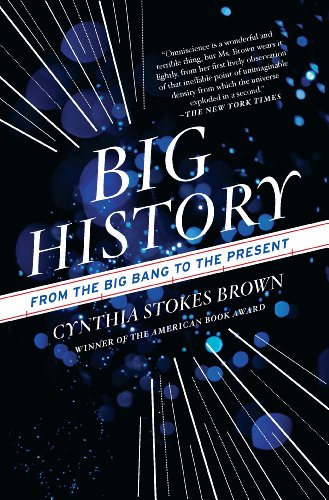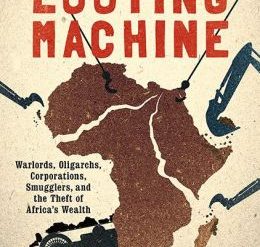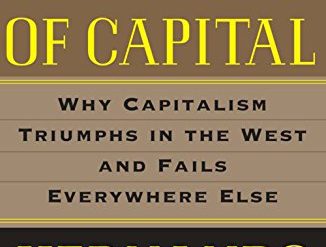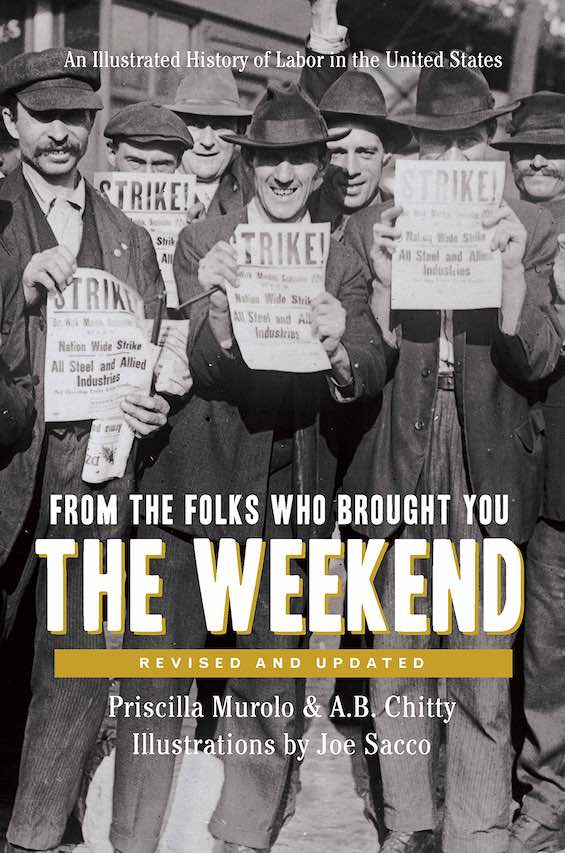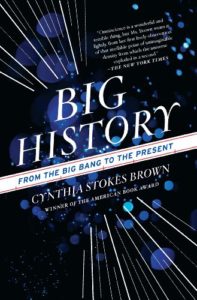
In 1989, an American history professor named David Christian was teaching at Macquarie University in Sydney when he offered a course entitled Big History. Rejecting historians’ definition of the discipline as beginning with the advent of written records just 5,500 years ago, Christian’s course began with the Big Bang, 13.7 billion years in the past. He invited colleagues on the Macquarie faculty to lecture on astronomy, physics, geology, biology, and other scientific disciplines to fill in the billions of years that transpired before any human set foot on our planet. Christian’s course proved popular, and the idea spread to historians in other countries. A new sub-discipline was born. There is now an International Big History Association.
Estimated reading time: 3 minutes
Big History in print
Nearly two decades later, another American historian, Cynthia Stokes Brown, took up the challenge of writing a book about history as Christian had re-conceived it. She had recently retired from Dominican University in California. The result was Big History: From the Big Bang to the Present (2007). While Christian leaned on colleagues in the sciences to carry the story for its first 13.65 billion years, Brown took it all on herself. With a good deal of simplification but relatively few apparent errors, she surveys the prehistorical past with great skill. For anyone who thinks history is the story of wars and generals and presidents, Big History is a worthy remedy.
Big History: From the Big Bang to the Present by Cynthia Stokes Brown (2012) 306 pages ★★★★☆
Big History’s new approach responds to overspecialization
Big History is a belated response to the extreme specialization that now characterizes virtually every academic discipline. It’s no longer enough to specialize in world history, or even ancient history. A scholar needs to specialize in a particular era in the history of Greece or women’s fashion. Candidates for Ph.Ds in history need to go even further. For example, a dissertation might be written about women’s role in Spartan society during the Peloponnessian War. Just take a look at the titles of recent doctoral dissertations in nearly any field, if you don’t believe me. I, for one, think this is tragic. God may be in the details, but even She could get lost there.
Other works on Big History
For other good books in this emerging field, check out New perspectives on world history.
By the way, Christian approached the topic differently. He chose not to write a popular treatment of Big History. He wrote two textbooks, Maps of Time: An Introduction to Big History, and Big History: From Nothing to Everything, in collaboration with Craig Benjamin. His more accessible treatment of the subject is a 48-lecture course he recorded for Great Courses. The title is simply “Big History.” Bill Gates was so impressed by it that he reportedly financed its distribution to schools to the tune of $10 million. I’ve listened to all 48 lectures and loved it.
This is one of the books I’ve included in my post, Gaining a global perspective on the world around us.
You may enjoy browsing through 20 top nonfiction books about history plus 80 other good books.
And you can always find my most popular reviews, and the most recent ones, on the Home Page.

